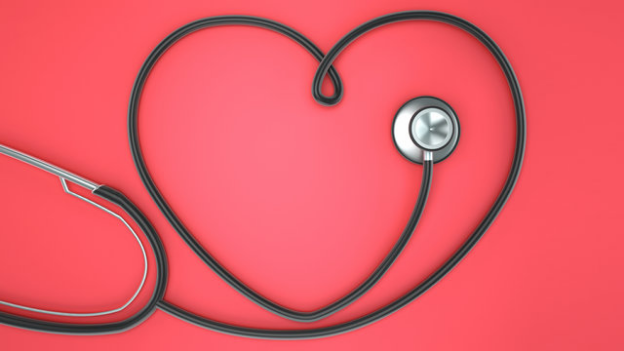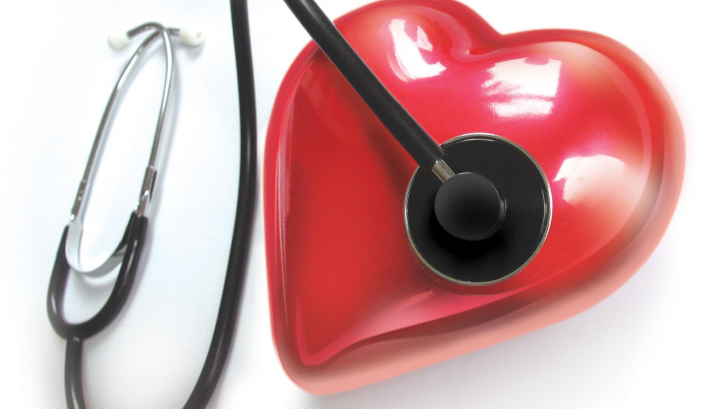What You Need to Know About Coronary Heart Disease
Heart diseases can affect people regardless of age or gender. In India, the incidences of heart diseases remain high, with coronary heart disease (CHD) being one of the most common conditions prevalent. This disease is a result of plaque formation in the arteries and can lead to a number of other conditions like stroke.
The arteries in our bodies start out as smooth and elastic, but can get a buildup of plaque on the inner walls. This makes the arteries more rigid and narrower, and can restrict the blood flow to the heart. This leads to lesser oxygen reaching the heart and a chance for the plaque to rupture, leading to heart attacks or cardiac death. That is why it is ideal to opt for regular heart checkup at a heart hospital in Jaipur to be in the know-how about your heart’s health.
The Symptoms
The most common symptom of CHD is angina (chest pain), which can easily be mistaken for indigestion or heartburn. While angina is usually felt in the chest, it may affect other body parts like the left shoulder, jaw, arms, neck and back as well. Some other symptoms of CHD include: –
- Short breath
- Palpitations
- Fast heartbeat
- Weakness
- Nausea
- Excessive sweating
Treatment
The most common treatment paths that can be followed after the diagnosis of CHD include:-
Lifestyle changes
A lot of little changes can make a big difference. For example, you will need to quit smoking, avoid processed foods, go for a low fat, salt, and sugar diet, keep the blood sugar in control, and exercise regularly (get a doctor approved exercise plan).
Medications
Sometimes lifestyle changes are not enough and you might require medication. What exactly is prescribed to you will depend on the situation of your CHD.
Surgery and procedures
Balloon angioplasty, stent placement, and coronary artery bypass surgery are the most common surgeries and procedures that are conducted on CHD patients to relieve the condition.
While these methods and procedures improve the supply of blood to your heart, they cannot cure coronary heart disease completely. They do however; significantly lower the chances of more heart diseases.
Maintaining a healthy lifestyle and eating habits is very important to avoid a number of heart conditions, and it is equally important to opt for regular heart checkups at a heart hospital in Jaipur, for keeping a tab on your heart’s health.







